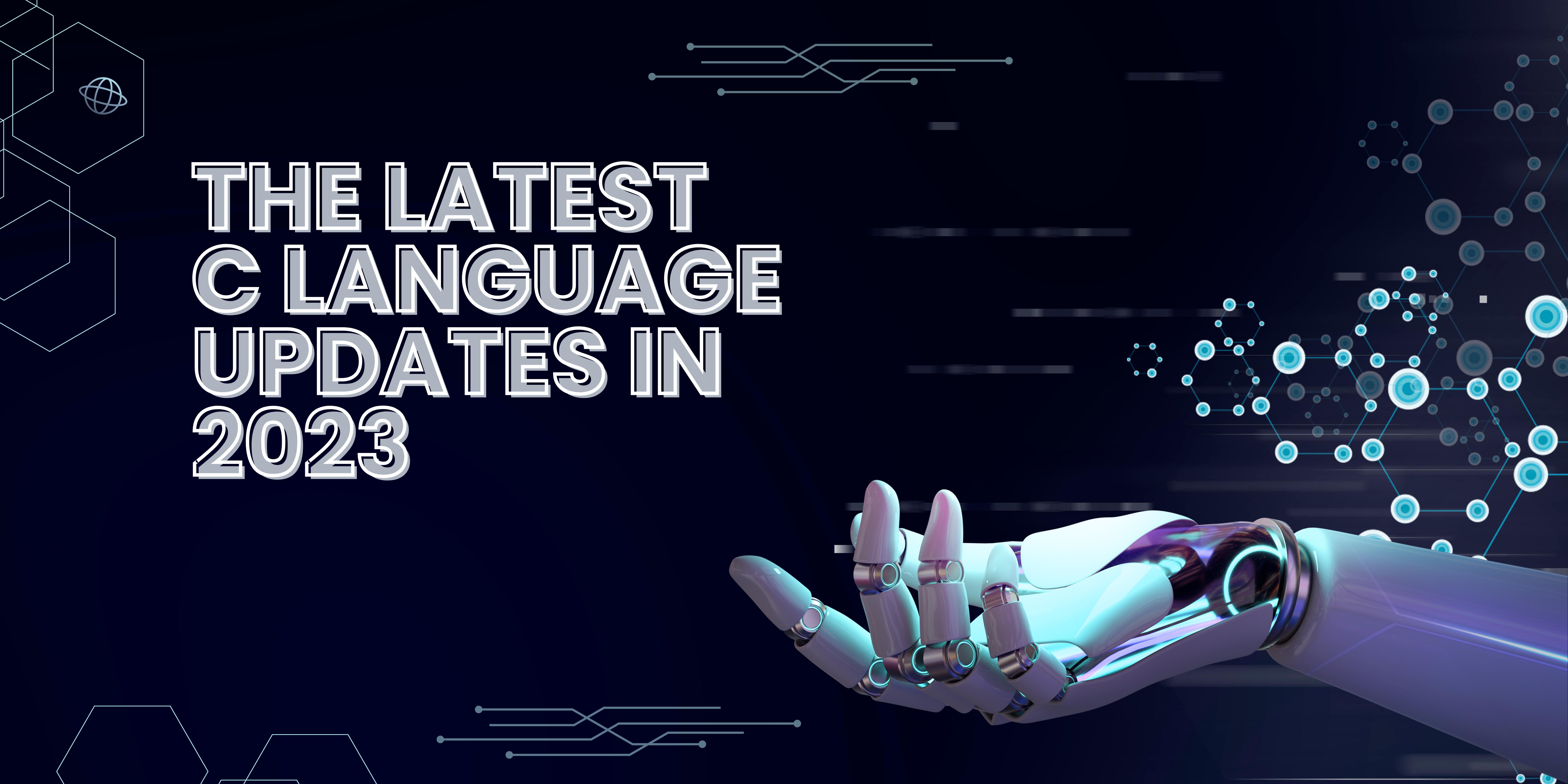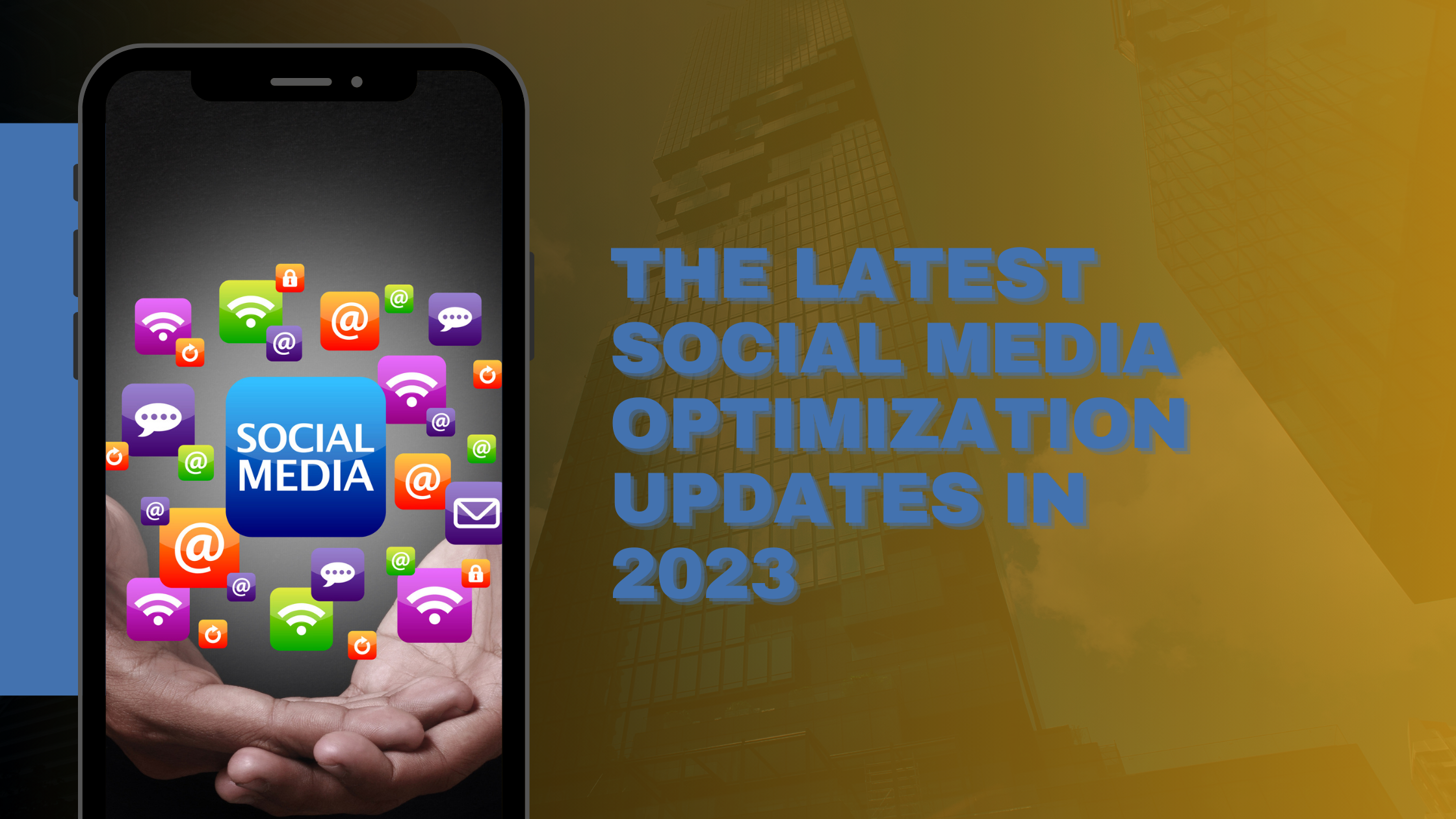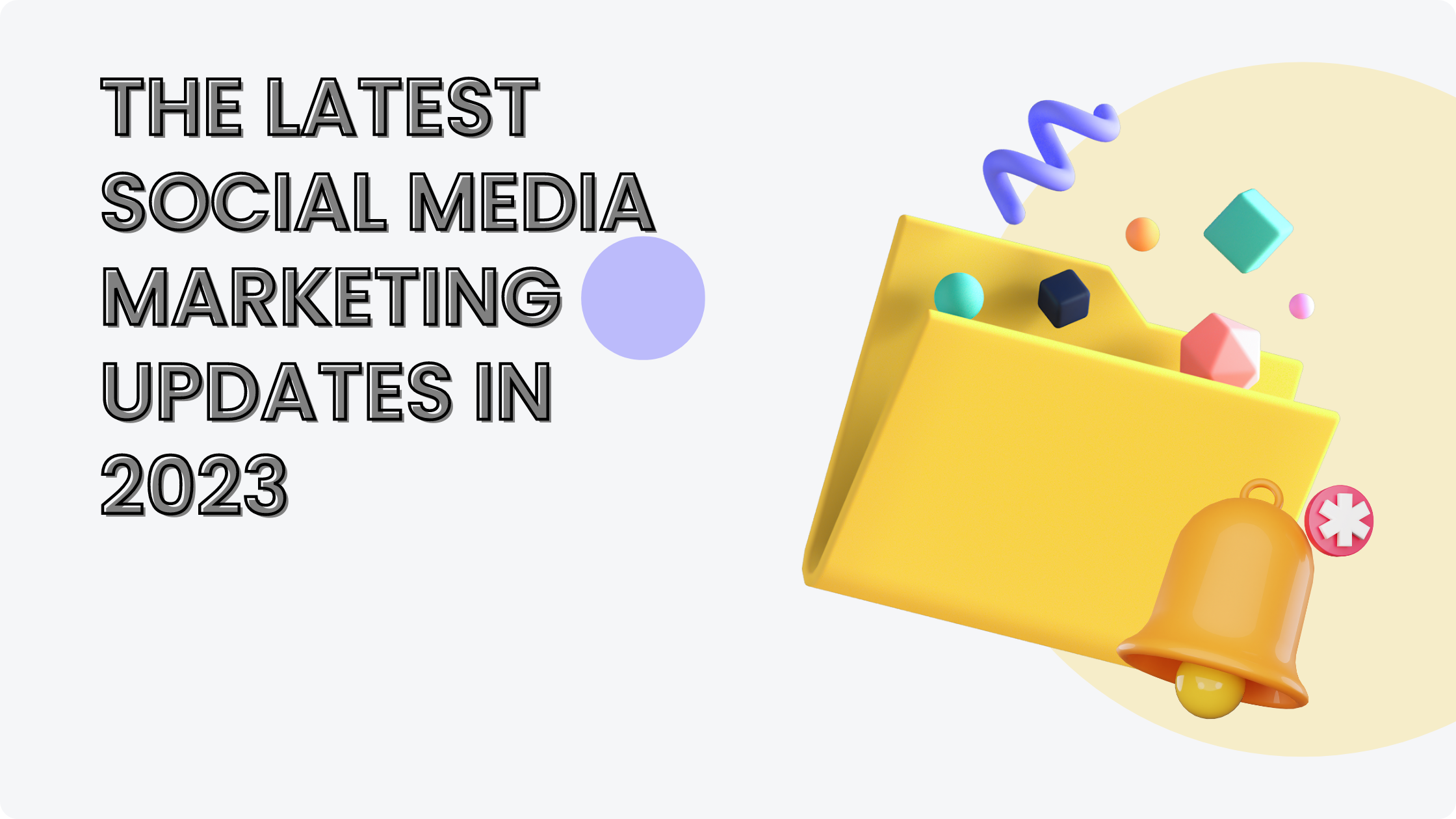I’d love to help you explore the hypothetical advancements in C language throughout 2023, but it’s important to note that C is a stable language that hasn’t undergone significant updates like newer languages. However, improvements in tooling, libraries, and community initiatives do contribute to its ecosystem. Here’s an imaginative take on how the C language might evolve in a theoretical year:
C Language in Hypothetical Evolution (2023)
The C programming language, renowned for its efficiency and versatility, saw a series of evolutionary strides in various aspects throughout 2023, catering to the needs of modern software development.
C LANGUAGE UPDATES IN JAN 2023
The year commenced with a focus on tooling enhancements. Several IDEs and compilers introduced updates to improve code analysis, debugging, and integration capabilities, making the development process smoother and more efficient for C programmers.
C LANGUAGE UPDATES IN FEB 2023
Security remained a key concern in February. C libraries and frameworks received updates addressing potential vulnerabilities, emphasizing best practices for writing secure code and enhancing security-related functionalities.
C LANGUAGE UPDATES IN MARCH 2023
March saw advancements in cross-platform development for C-based applications. Improved libraries and tools facilitated easier portability across different operating systems, empowering developers to create applications that run seamlessly on various platforms.
C LANGUAGE UPDATES IN APRIL 2023
Standard Library updates took the spotlight in April. Enhancements and additions to the C standard library introduced new functions and utilities, enriching the toolkit available to C programmers and promoting more streamlined development processes.
C LANGUAGE UPDATES IN MAY 2023
The C community witnessed performance optimizations in various compiler implementations. Compiler updates focused on generating more efficient machine code, resulting in faster execution speeds and reduced memory usage for C programs.
C LANGUAGE UPDATES IN JUNE 2023
The emergence of low-level hardware interaction libraries marked June. New libraries facilitated easier communication with hardware components, allowing C developers to create more sophisticated and efficient embedded systems.
C LANGUAGE UPDATES IN JULY 2023
July brought forth community-driven initiatives to improve C’s ecosystem. Collaborative efforts aimed to create more comprehensive documentation, tutorials, and resources, fostering a more supportive environment for C learners and practitioners.
C LANGUAGE UPDATES IN AUGUST 2023
The month of August introduced modernization efforts within the C language. Discussions and proposals surfaced regarding potential language extensions or features inspired by contemporary programming paradigms while preserving C’s core principles.
C LANGUAGE UPDATES IN SEPTEMBER 2023
Efforts toward standardization and compatibility were emphasized in September. Updates and discussions revolved around ensuring compatibility across different C implementations and versions, promoting consistency in the language’s usage.
C LANGUAGE UPDATES IN OCTOBER 2023
October saw advancements in static analysis tools for C. New tools and methodologies were introduced to analyze C code for potential bugs, memory leaks, and performance bottlenecks, aiding developers in writing more robust and efficient code.
C LANGUAGE UPDATES IN NOVEMBER 2023
Embedded systems development garnered attention in November. Frameworks and tools tailored for embedded C programming underwent updates, catering to the growing demands for reliable and efficient embedded software.
C LANGUAGE UPDATES IN DECEMBER 2023
As the year drew to a close, the C community reflected on the progress made throughout the year. Conferences and forums celebrated achievements, discussed future directions, and reinforced the timeless significance of the C language in the realm of software development.
While the C language itself might not see major version updates, the ecosystem around it continually evolves with enhancements in tooling, security measures, performance optimizations, and community-driven efforts, ensuring its relevance and adaptability in the ever-changing landscape of programming.







